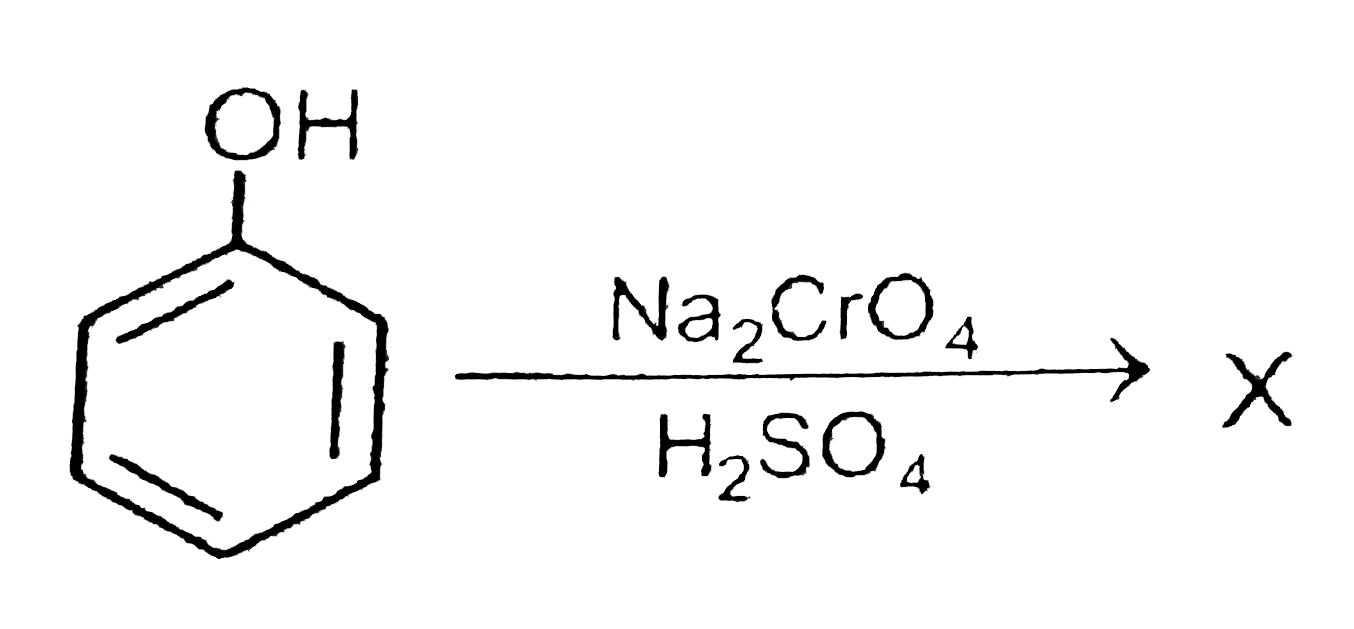What is the difference in saying
(i) one degree Celsius and (ii) one Celsius degree?
To understand the difference between "one degree Celsius" and "one Celsius degree," we can break it down step by step:
Step 1: Define "One Degree Celsius"
- "One degree Celsius" (1 °C) refers to a specific temperature measurement. It indicates the temperature reading on a thermometer. For example, if a thermometer shows 25 °C, it means the temperature is 25 degrees Celsius.
Step 2: Define "One Celsius Degree"
- "One Celsius degree" refers to the difference in temperature between two points. It is a unit of measurement used to express a change in temperature. For example, if the temperature changes from 20 °C to 21 °C, the change is one Celsius degree.
Step 3: Summarize the Difference
- The main difference is that "one degree Celsius" is used to describe an actual temperature value, while "one Celsius degree" is used to describe a temperature difference or change between two readings.
Final Statement
In summary:
- One Degree Celsius (1 °C): A specific temperature reading.
- One Celsius Degree: The difference in temperature between two thermometer readings.
---
- "One degree Celsius" (1 °C) refers to a specific temperature measurement. It indicates the temperature reading on a thermometer. For example, if a thermometer shows 25 °C, it means the temperature is 25 degrees Celsius.
- "One Celsius degree" refers to the difference in temperature between two points. It is a unit of measurement used to express a change in temperature. For example, if the temperature changes from 20 °C to 21 °C, the change is one Celsius degree.
- The main difference is that "one degree Celsius" is used to describe an actual temperature value, while "one Celsius degree" is used to describe a temperature difference or change between two readings.
In summary:
- One Degree Celsius (1 °C): A specific temperature reading.
- One Celsius Degree: The difference in temperature between two thermometer readings.
Topper's Solved these Questions
- PROPERTIES OF MATTERBOOK - ICSECHAPTER - PROPERTIES OF MATTEREXERCISE - MODULE 4 ( TEMPERATURE ) UNSOLVED PROBLEMS
12 Videos
- PROPERTIES OF MATTERBOOK - ICSECHAPTER - PROPERTIES OF MATTEREXERCISE - MODULE 4 ( TEMPERATURE ) LONG ANSWER QUESTIONS
10 Videos
- OSCILLATIONS BOOK - ICSECHAPTER - OSCILLATIONS EXERCISE - SELECTED PROBLEMS (OSCILLATION IN A TUNNEL BORED THROUGH THE EARTH)
2 Videos
- SAMPLE QUESTION PAPER - 01 BOOK - ICSECHAPTER - SAMPLE QUESTION PAPER - 01 EXERCISE - SECTION - D
12 Videos
Similar Questions
Knowledge Check
What is the advantage of higher degree of abstraction ?
AMay get unsafeBMay reduce readabilityCCan be saferDCan increase vulnerability
Convert 122∘F to degree Celsius and kelvin.
View SolutionConvert 86∘F to degree Celsius.
View SolutionWhat is the degree of unsaturation in compound (x).

View SolutionHow is the size of a degree defined on a Celsius scale ?
View SolutionExpress a temperature of 60∘F in degrees Celsius and in kelvin.
View SolutionExpress a temperature of 60∘F in degrees Celsius and in kelvin.
View SolutionWhat is the relationship between the Celsius and the Kelvin scales of temperature ?
View Solution
